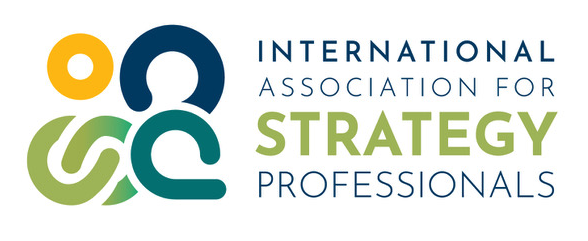
By Pierre Hadaya and Tamara Highsmith
As sources of competitive advantage, strategy and culture are both essential to the long-term success of any organization (Coyle, 2018; Strategy&, 2019). Yet, more than 50% of strategy endeavors are considered failures (The Economist Intelligence Unit Limited, 2013) and more than 80% of organizations believe that their culture needs to be improved (Graham et al., 2022).
Read more: Pooling Strategy And Culture Together For Long-Term Success

By Glen Hilford
Seemingly overnight, artificial intelligence (AI) has become the hottest thing on the planet, impacting our personal and business lives. As a result, organizations are rushing to adopt AI, often with insufficient consideration of the complex mix of benefits, risks, and intricacies that such a powerful, pervasive technology introduces to business, as well as without a good understanding of the key factors to consider with such an investment.
Read more: Maximizing The Strategic Benefits Of Ai By Establishing A Program

By William Donaldson
Enterprise digital transformation is the compelling, emerging strategic imperative of our time. The 4th Industrial Revolution – the confluence of ubiquitous digital access, low-cost sensing enabled by the Internet of Things, advances in artificial intelligence and machine learning, robotic process automation, and more – is driving a revolution in business information, intelligence, and models (Schwab, 2017). While these trends offer an excellent opportunity for companies, traditional strategic planning, and corporate responses are proving slow to adapt. This article explores the strategic imperatives surrounding digital transformation, and the common failure modes of existing strategic planning techniques and offers guidance for senior management to maximize their planning processes to harness the opportunities inherent in digital transformation.
Read more: How to Effectively Plan for Digital Transformation

By Susan Radwan
Strong and intentional governance is critical for any organization to maintain high performance and succeed in its strategic endeavors. Indeed, governance is one of five key strategy activities defined in the IASP Body of Knowledge 3.0 (Hadaya et al., 2023). Unfortunately, few organizations are attentive to strategy governance and instead focus on formulation, implementation and execution.
Read more: Critical Recommendations to Govern Your Strategy in a Holistic Fashion

By Julie Barlow
As the world’s #2 carmaker, Toyota owes much of its success to the company’s trademark management system, dubbed the Toyota Way.
“The company created the label in 2001 to promote its method,” recalls Isao Yoshino. Senior executive member at the company for almost 40 years, Yoshino offers a behind-the-scenes look at exactly how this people-centered management approach works.
A Publication of
The International Association for Strategy Professionals (IASP)
www.strategyassociation.org
37637 Five Mile Road, #399 | Livonia, MI 48154 | USA
E: info@strategymagazine.org





